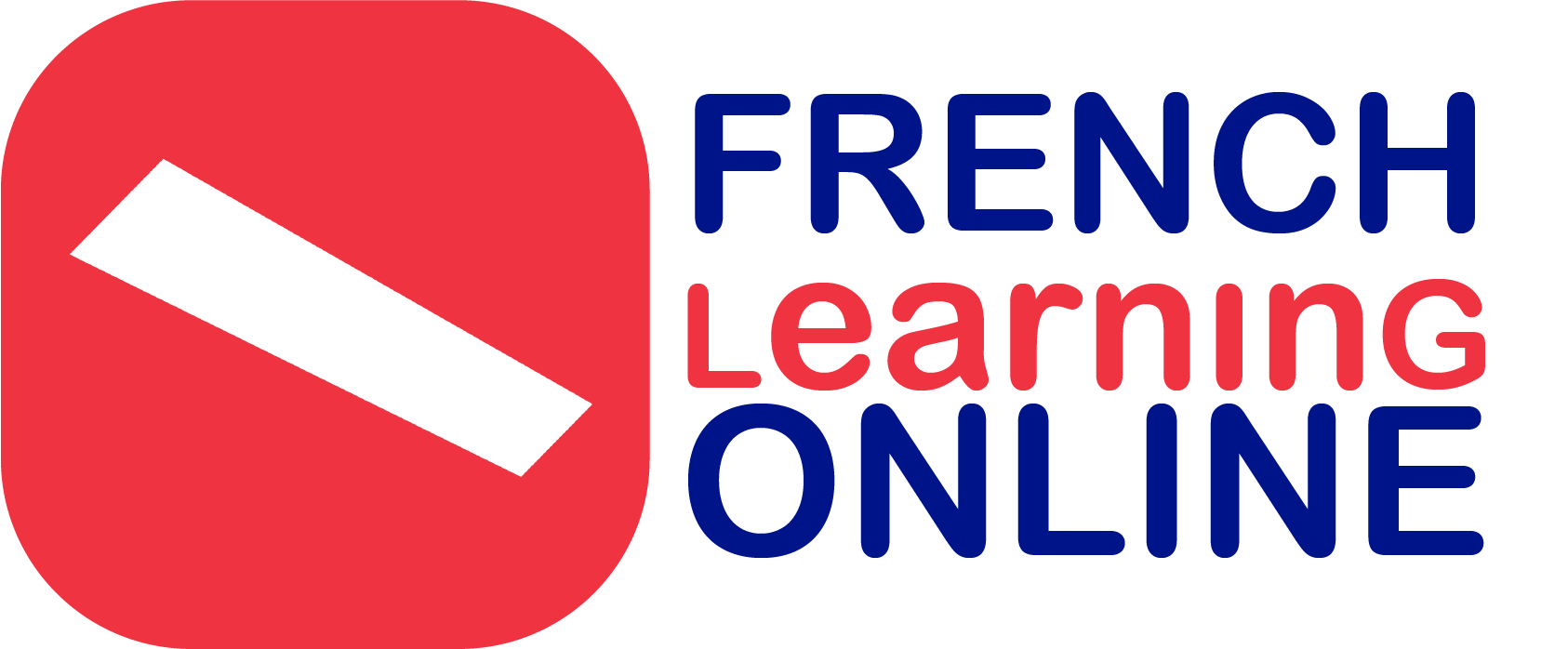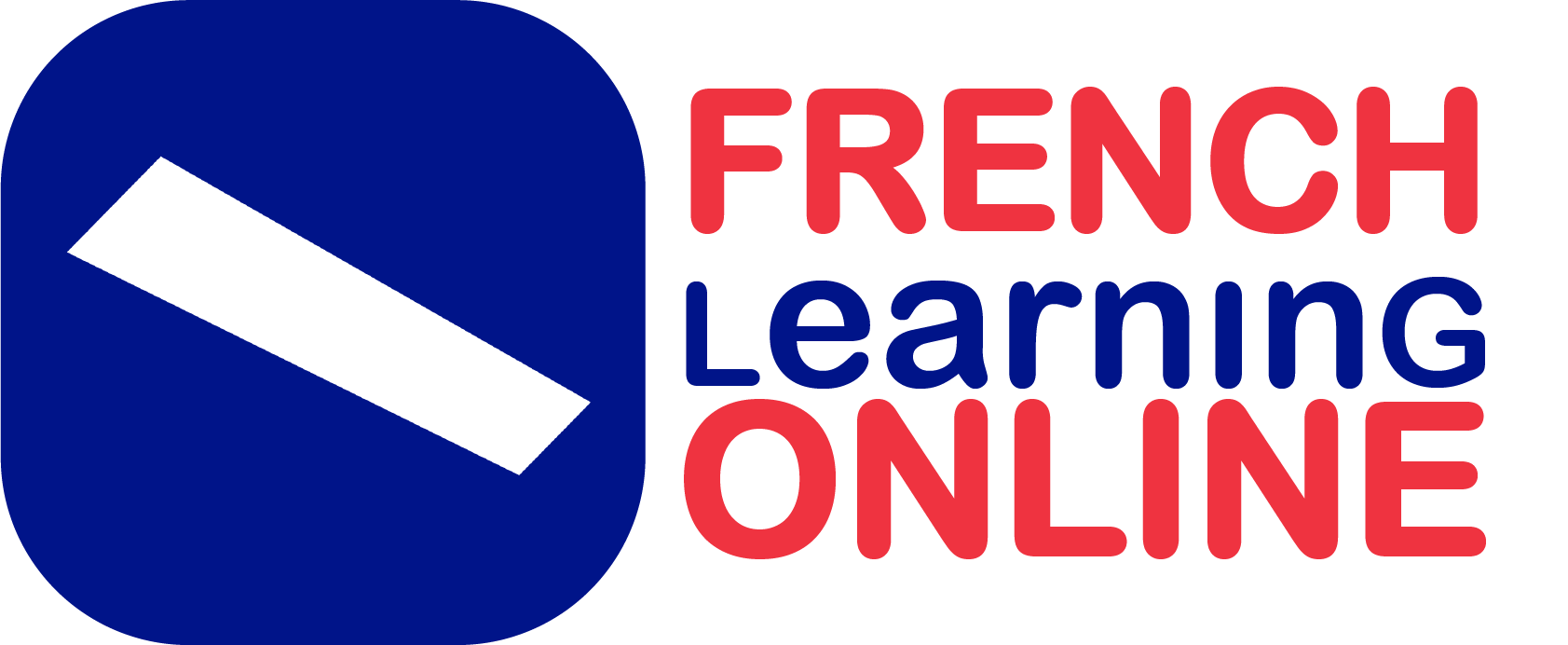Are you struggling to ask questions in French? Don’t worry; you’re not alone. Many learners of French find it challenging to construct questions in the language. In this article, we’ll take a detailed look at French interrogative constructions, the various question words, and the rules you need to follow to ask questions correctly.
French Interrogative Constructions: An Overview
In French, the word order of a sentence changes when it becomes a question. The subject and the verb swap places, and a question mark is added at the end of the sentence. Here’s an example:
Statement: Tu parles français. (You speak French.) Question: Parles-tu français? (Do you speak French?)
As you can see, the verb “parles” comes before the subject “tu” in the question. French Interrogative Constructions.
Types of Interrogative Constructions
There are two types of interrogative constructions in French: yes/no questions and information questions.
Yes/No Questions
As the name suggests, yes/no questions are questions that can be answered with either “yes” or “no.” In French, you can form a yes/no question by simply inverting the subject and the verb. Here are some examples:
Statement: Tu aimes le chocolat. (You like chocolate.) Question: Aimes-tu le chocolat? (Do you like chocolate?)
Statement: Il est français. (He is French.) Question: Est-il français? (Is he French?)
Information Questions
Information questions are questions that seek specific information, such as who, what, where, when, why, and how. In French, you need to use a question word (also called an interrogative pronoun) to ask an information question. Here are the most common question words in French:
- Qui (who)
- Quoi (what)
- Où (where)
- Quand (when)
- Pourquoi (why)
- Comment (how)
To form an information question, you need to invert the subject and the verb, just like in yes/no questions. Then, you add the question word at the beginning of the sentence. French Interrogative Constructions. Here are some examples:
Statement: Tu parles français. (You speak French.) Question: Qui parle français? (Who speaks French?)
Statement: Tu manges une pomme. (You’re eating an apple.) Question: Qu’est-ce que tu manges? (What are you eating?)
Statement: Il habite à Paris. (He lives in Paris.) Question: Où habite-t-il? (Where does he live?)
Statement: Nous allons au cinéma demain. (We’re going to the cinema tomorrow.) Question: Quand allons-nous au cinéma? (When are we going to the cinema?)
Statement: Elle ne vient pas à la fête. (She’s not coming to the party.) Question: Pourquoi ne vient-elle pas à la fête? (Why isn’t she coming to the party?)
Statement: Tu conduis comment? (How do you drive?) Question: Comment conduis-tu? (How do you drive?)
Rules for Interrogative Constructions
Now that you know the types of interrogative constructions and the question words, let’s look at some rules you need to follow to ask questions correctly in French.
- Invert the subject and the verb.
As mentioned earlier, you need to invert the subject and the verb in a question. However, when the subject is a pronoun (je, tu, il, elle, on, nous, vous, ils, elles), you need to add a hyphen between the subject and the verb. Here are some examples:
Statement: Tu aimes le français. (You like French.) Question: Aimes-tu le français? (Do you like French?)
Statement: Ils sont arrivés à l’heure. (They arrived on time.) Question: Sont-ils arrivés à l’heure? (Did they arrive on time?)
- Use est-ce que.
Another way to form a question in French is to use “est-ce que” at the beginning of the sentence. “Est-ce que” is equivalent to “do/does” in English. French Interrogative Constructions. Here are some examples:
Statement: Tu aimes le chocolat. (You like chocolate.) Question: Est-ce que tu aimes le chocolat? (Do you like chocolate?)
Statement: Il parle français. (He speaks French.) Question: Est-ce qu’il parle français? (Does he speak French?)
Note that you still need to invert the subject and the verb even when using “est-ce que.”
Use rising intonation.
In French, you can also form a question by using rising intonation. This means that you raise your voice at the end of the sentence, as if you’re asking a question. However, this method is informal and should be avoided in written French.
Use the correct question word.
Make sure to use the correct question word when asking an information question. Using the wrong question word can lead to confusion and misunderstandings. Here’s a table of the most common question words and their meanings:
| Question | Word Meaning |
| Qui | Who |
| Quoi | What |
| Où | Where |
| Quand | When |
| Comment | How |
| Pourquoi | Why |
Use inversion with negative sentences.
When asking a question in French with a negative sentence, you need to use inversion. Here are some examples:
Statement: Tu ne parles pas français. (You don’t speak French.) Question: Ne parles-tu pas français? (Don’t you speak French?)
Statement: Elle n’aime pas le chocolat. (She doesn’t like chocolate.) Question: N’aime-t-elle pas le chocolat? (Doesn’t she like chocolate?)
Conclusion
As you can see, French interrogative constructions may seem complicated at first, but they follow specific rules that can be easily learned with practice. Remember to invert the subject and the verb, use the correct question word, and follow the rules for negative sentences. With these tips in mind, you’ll be able to ask questions in French confidently and correctly.
So, that was all about French Interrogative Constructions. We hope you found this article helpful. Keep practicing and soon you’ll be a pro at forming questions in French!






